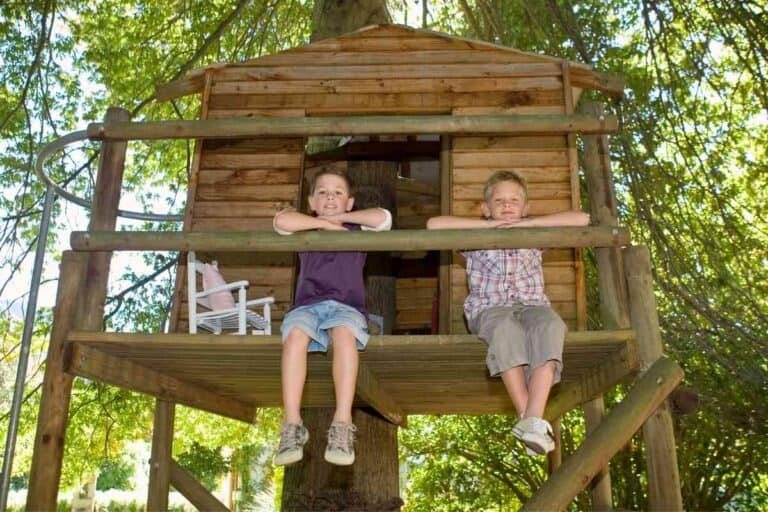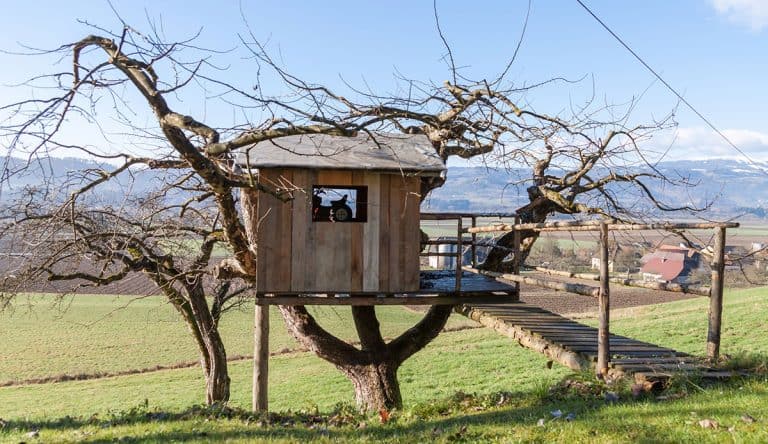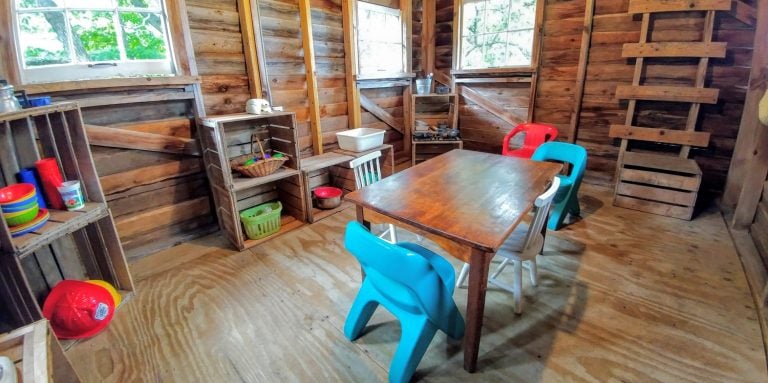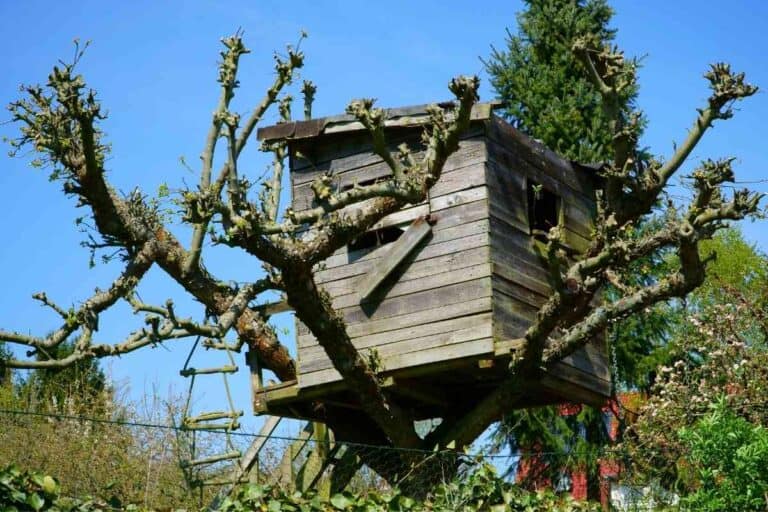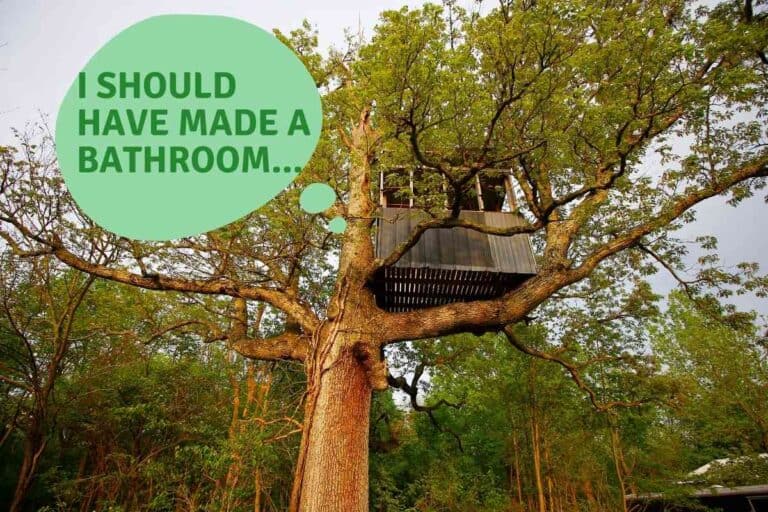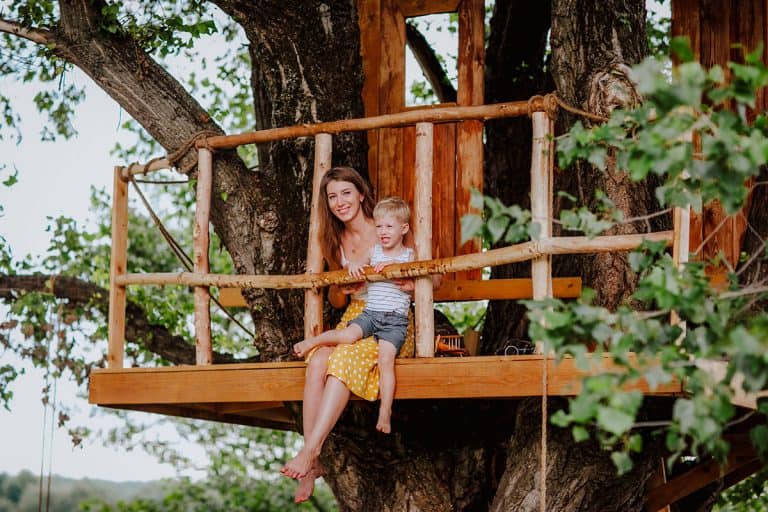Are Treehouses Taxable? (What You Need To Know!)
A treehouse allows you to relax with your family or friends while taking in natural beauty.
If you are thinking about adding amenities to your home, you might wonder, ‘Are treehouses taxable?’
Are Treehouses Taxable?
Non-permanent buildings, like treehouses and gazebos, are not taxable in almost all of the United States. A structure smaller than 100 square feet and without a foundation is classified as a temporary building and is exempt from taxation. Thus, you may not have to pay taxes on a treehouse.
However, you might have to get a permit for building and staying in a treehouse from your local government.
This can save any discrepancies and forcible emptying of treehouses by officials in the future.
Below, we have discussed all the legal procedures for building and staying in a treehouse, including permits, taxes, and whether a treehouse is worthy of investment or not!
Do You Have to Pay Property Taxes on a Tree House?
Treehouses are considered temporary constructions, similar to a garden shed.
When constructing a treehouse, there will be a height limitation of roughly 4 meters, measured from floor level to rooftop. However, you might have to get a permit for building and staying in a treehouse from your local government.
Taxes need to be paid on permanent structures.
A permanent structure, by nature, is an outdoor construction that is fixed and cannot be moved around a site.
Homes, sheds, barns, and garages anchored to the ground are types of permanent buildings, and since a treehouse is built above the ground, the rules of taxation are different for this structure.
You may not have to pay any tax on treehouses depending on where you live.
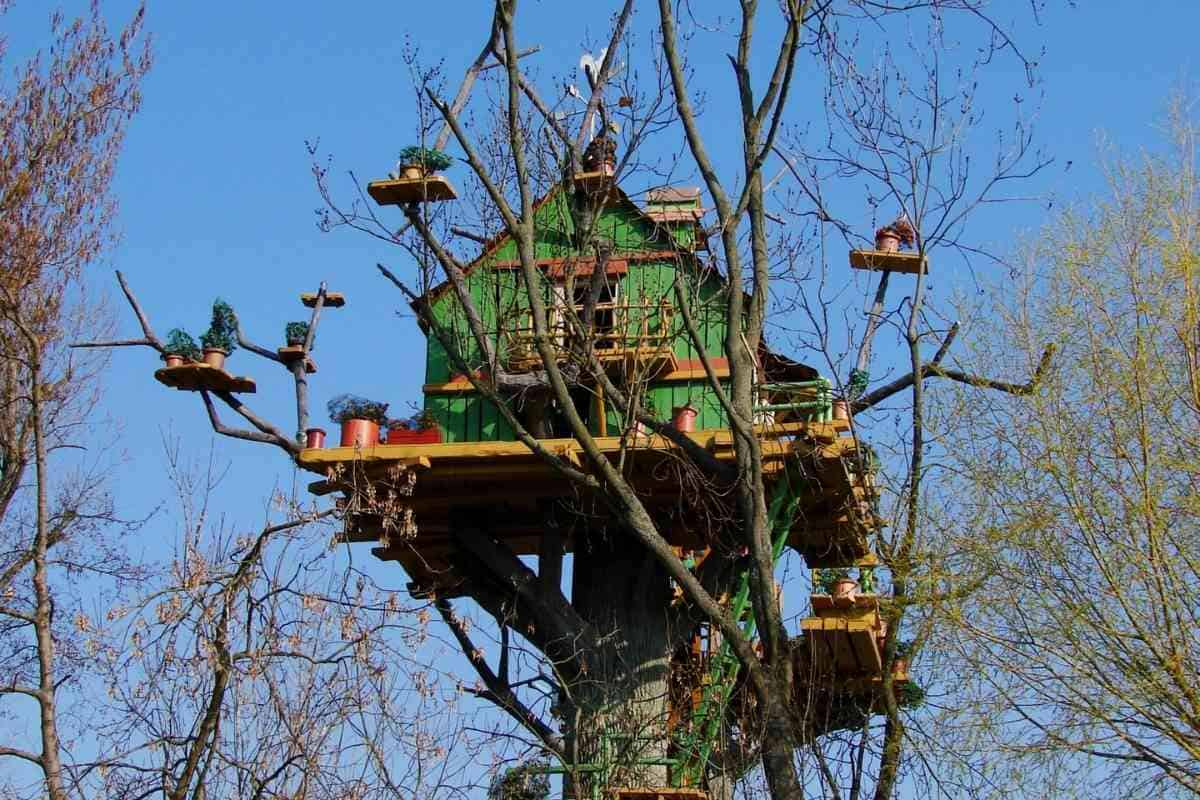
Building Permits for a Tree House
When it comes to building treehouses, you should think about the benefits and drawbacks of obtaining a permit to build.
You must obtain permission for commercial treehouses, but you may not need one if you are establishing a private treehouse on your land.
However, you should know that dozens of high-profile battles involving treehouse owners and regional construction regulators have resulted in uneven results.
Authorities have been known to force treehouse owners to demolish their beloved homemade treehouses.
Therefore, it is important to check whether you will need a permit for building a treehouse.
The first step is to contact your township and inquire about the need for a permit.
Many townships do not require licenses for children’s treehouses, but others do.
They might have a number of questions concerning the treehouse’s height.
They would want to know if it is over 100 square feet and whether any component of it is higher than 15 feet due to the potential for a maximum height restriction.
The officials may also ask you whether you will get an electrical connection for your treehouse.
You might have to make some changes to the design of the treehouse if you don’t want to get the permit.
If you are not willing to do that, then proceed with submitting designs, pay the fees, and receive official clearance to construct your treehouse.
Reasons for Obtaining a Building Permit
A building permit is required for the construction of treehouses for various reasons.
Let’s have a look at a few examples:
- If you receive a building permit, the township is unlikely to issue a stop-work or pull-down notice for your treehouse in the future.
- The township will demand that your treehouse building methods adhere to commonly accepted architectural norms; you may not even be aware that you are employing hazardous treehouse construction building techniques. As a result, a building permit is important for your safety.
- By getting a building permit, you can avoid any legal issues that might arise due to the changes in regulations.
Reasons for Not Obtaining a Building Permit
The following are some of the reasons why you might choose to skip the permit:
- Building licenses for treehouses are charged by the townships.
- You might have to pay for engineer-stamped construction building documents for a treehouse to receive a permit.
- Treehouse assessments may cause delays or additional fees, or they may compel you to change certain design elements.
- If you are certain that building permits for constructing a treehouse where you live, then you can go ahead and start the construction of your treehouse without applying for a permit.
Is it Legal to Build a Tree House?
When you construct a treehouse on the floor, and it is compact, you do not need to get permission.
If you want to build a treehouse in a tree, you’ll need to first seek permission from your local municipality.
So, yes, they are perfectly legal structures if you abide by the law and build them correctly.
Does a Tree House Increase the Value of a House?
Certainly, if your treehouse is in good condition, it will be a valuable property piece.
If it is not in good condition and is falling apart, then it is not advisable to keep it on the land.
However, a treehouse’s experiences for youngsters are priceless, and it is totally worth adding it to your backyard.
Is a Tree House considered an Accessory Structure?
Accessory constructions bigger than 200 square feet and 14 feet in altitude, such as a detached garage, play structure, accessory storage facility, treehouse, or workshop buildings, may be built as an add-on to a primary residence.
Hence, a treehouse can certainly be built on your own land without considerable issues.
Is a Tree House a Permanent Structure?
A treehouse may fall in the same category as constructions like canopy or garages, which are temporary structures.
However, some people believe that treehouses are permanent structures because they are built into a tree or on its trunk
It is illegal to construct a building in some states, whether it is permanent or not.
Therefore, it is crucial to check with your local government office to determine if you have permission to build it.
Does a Tree House Add Value to a Home?
While amenities like a treehouse don’t add value to your home, they can help you get your value.
This means that a treehouse can get the right buy to choose your house over others.
If you want to increase the value of your home, then remodeling projects are quite effective.
For example, a remodeled kitchen will significantly increase the value of your home.

